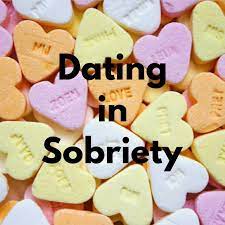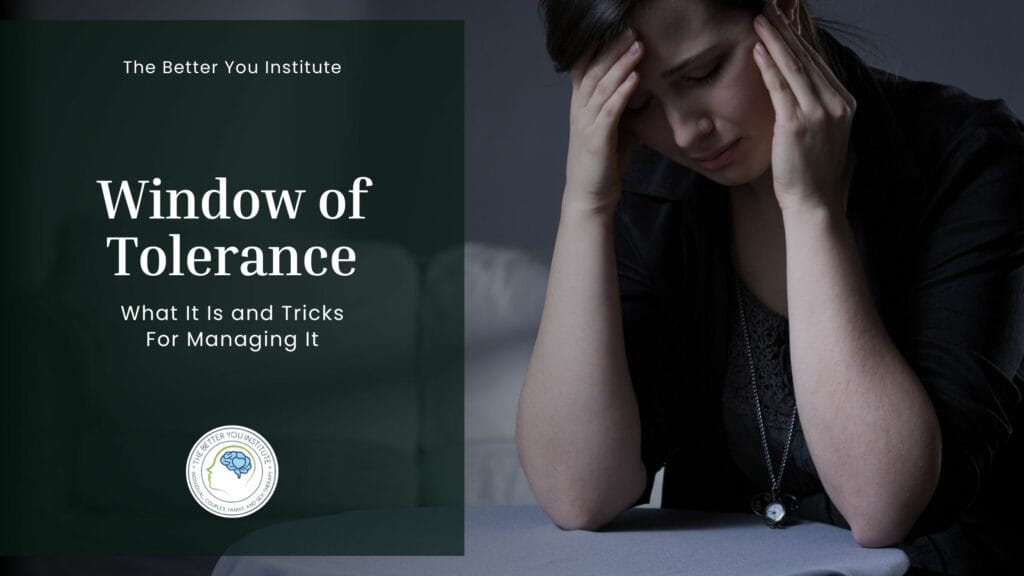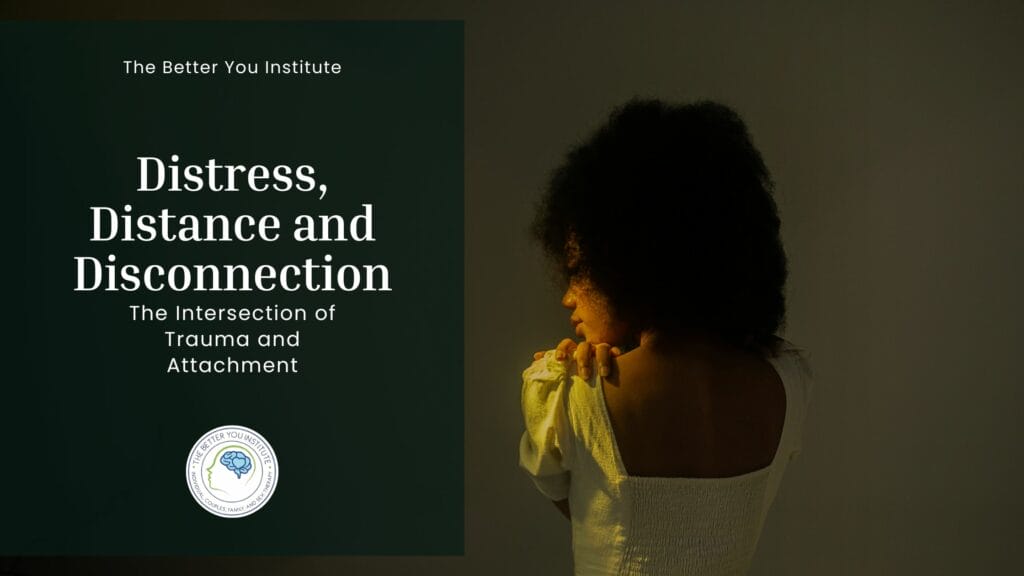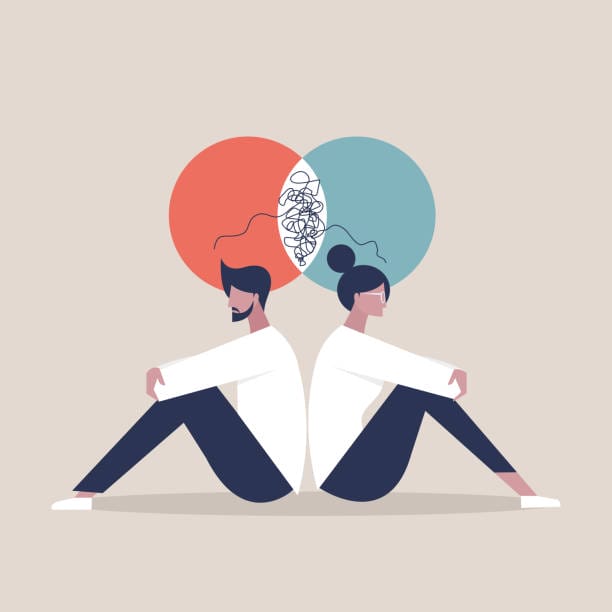There are many different ideas of when it is “safe” to start dating again after getting sober. The general consensus seems to be that you should be emotionally stable enough that the stress of dating itself won’t be a trigger. You should also be engaged in enough work on yourself that dating will not become a means to avoid personal growth or focus. No one else can tell you when you are ready to take this step. However, you should be prepared for a very different dating experience than they used to have.
Table of Contents
What is sober dating?
Sober dating is not limited to those in recovery, as plenty of people also choose not to drink. Sober dating is any date that takes alcohol or drugs away as the primary activity for getting to know someone. Sober dating is becoming increasingly popular as people want dating opportunities that allow for more authentic connections. As a result, more places offer non-alcoholic drink menus or some other form of entertainment, such as tabletop games or mini-golf. Other common sober dates include going to local parks, free or outdoor events in the city, good coffee and tea shops, museums, ice/roller skating, going hiking, doing craft classes, or taking a walk around an unexplored part of the city of Philadelphia or the New Jersey Shore.
Where do sober singles meet?
Sober singles are making their presence known in the online dating world. There are dating sites specifically for sober individuals, such as Loosid, Clean and Sober Love, Sober Dating, Sober and Single, and Sober Grid. Also, many popular dating apps now have a section that asks about your drinking habits, with search features that allow users to find other singles that don’t drink; examples include OKCupid, Hinge, HER, and Bumble. Other ways of meeting people include community organizations, volunteer work, and classes (e.g., art classes, workout classes, and cooking classes). The only place that is usually considered off-limits as a place to meet other singles is in sobriety meetings.
These websites offer some great suggestions if you are in the Philadelphia region:
Why is dating when newly sober difficult?
Dating itself can be tricky! Now, tack on first getting sober. Often, the suggestion for a first date is to go “get a drink,” which puts the sober person in a position to need to disclose their sobriety status without knowing the other person well enough to predict how they will respond. The sober person then feels a responsibility to plan out the first date to ensure it does not revolve around alcohol. It can feel like a burden having to try to come up with unique date ideas. This planning can feel like extra pressure in a situation that is already anxiety-inducing.
It is also difficult to cope with the natural anxiety (both general anxiety and social-based anxieties) that can come with dating and putting yourself out there without one’s previously relied-on coping skill of alcohol or drugs. Dating and sex start taking on a heavier weight when you no longer rely on alcohol or drugs to make you feel more confident or socially at ease. Dating and sex are both about intimacy and vulnerability, which are scary for many, especially newly sober people.
Dating, and by extension, sex, puts a person at risk of rejection, which can make anyone feel uncomfortable. But it is even scarier when you realize you’ve never had intimacy or emotional vulnerability without the aid of a substance easing the process. It means that you may be fully present when you are putting yourself out there with others instead of numb or socially lubricated.
Sadly, there is no easy answer for getting comfortable with dating and sex (or intimacy and vulnerability) when newly sober. Just as there was no “right” answer for learning how to celebrate, socialize or cope with negative feelings when newly sober. Each experience is a learning exercise, and you realize you have no option but to learn if you want to remain sober. Ideally, you aren’t going through this alone, and have support people you can talk to through each good and bad date (or sex) that you have, and that will laugh with you at all the awkward moments (because they will occur).
Why is having sex when newly sober difficult?
Different substances can have several different effects on one’s sexual functioning. Some can decrease experiences of arousal and desire, make it difficult to reach an orgasm, make it difficult to stay lubricated or erect, and in some cases, it can make sex painful. These sexual concerns, if caused by substance use, will usually dissipate weeks after getting sober as hormones and neurotransmitters return to standard levels.
It is also common for people to experience the same forms of sexual concerns when they get sober as well, though these usually are more psychological in nature. When you get sober and begin to engage in sexual activity (with yourself or others), you may find that you need to reacquaint yourself with your naked body as a sober person, which is normal and to be expected. You may also need to re-discover your comfort with performing/receiving acts you previously had comfort with. Think of this as an opportunity for a new sexual relationship with yourself and to explore who you are as a newly sober sexual person. Be patient. As with any relationship with yourself, it may take time to get to know who you are, and what you like and don’t like.
How to make returning to dating and sex in sobriety easier
Some things can be done to make reentering the dating game after getting sober easier:
- Deciding how and when you want to tell your date you are sober.
- People will take cues on how to respond by how you choose to disclose your sobriety status. If you disclose it in a confident “no big deal” way, it is more likely the other person will respond in kind. Likewise, if you present it as an awkward thing, it will become an awkward thing.
- Think ahead of time about what your boundaries are for self-disclosure.
- What are topics that feel emotionally safe and which do not? If you reflect on this, you’ll feel less thrown at the moment the topic comes up. Often, in addiction, we lose our boundaries, but boundaries are healthy and okay to set with others. Boundaries are not “being mean.” You have a right for others to earn your trust and for you to not share certain things with others until that trust is earned.
- Take time for self-reflection.
- What is intimidating and scary about being vulnerable with others?
- How will you know if it is safe to be vulnerable?
- How can you emotionally protect yourself as you practice being vulnerable?
- What will happen if you are vulnerable with the wrong person?
- How will you cope with being vulnerable and getting hurt?
- Getting hurt is a natural part of life. Getting hurt while sober can feel daunting and unmanageable. The more you prepare for this as something that could happen, the better you will handle it.
- Be prepared for awkwardness.
- Dating itself can be awkward and uncomfortable, be prepared for this, and try not to internalize it negatively as something about you. Instead, remind yourself of the romantic comedy movies you’ve seen where the actors bump heads or lose a shoe on their first date. Awkwardness is so typical that movie writers include it in their scripts!
- Be willing to be patient.
- Making connections with others takes time. You’ll go on many first dates and additional dates, all learning experiences that will help you better understand what you want from a partner.
- Learn what your red flags and deal-breakers are.
- Be okay with ending the date (even if the meal isn’t done or the movie isn’t over) or not going on a second date if the other person asks you for one. You have every right to have these boundaries and to hold them.
- Be mindful of how your mental health will impact your dating experience and how your dating experience will impact your mental health.
- Most individuals who have had addiction will have mental health concerns (either what you were using the alcohol or drugs to cope with in the first place or that developed in response to experiences while in addiction).
- Know your triggers and window of tolerance.
- Know what you are comfortable disclosing to others.
- Know how your triggers can show up in your dating experiences and how to self-soothe and ground yourself.
- Be mindful of your indicators of co-dependency.
- Codependent behaviors are common for those in addiction. If you are not mindful, codependent behaviors can be carried over to sober life.
- Know your signs indicating you are beginning to think or act codependently.
- Know what leads to your codependent behaviors so that you can work on this.
- Lastly, know the red flags of transferring your dependence from alcohol or drugs to a person, and be able to address it as soon as you recognize it. Codependent behavior, while typical, is not viewed as healthy in our society that values independence and autonomy.
Things that can be done to make sex easier for those reentering the world of sex with a partner.
- Know that your boundaries with sex may have changed
- Alcohol or drugs allows our inhibitions to lower, allowing us to engage in behaviors that we would potentially not engage in when sober – either because it isn’t something you would want to do or because without the alcohol, you no longer feel comfortable doing it. That is okay and perfectly normal.
- Just like boundaries in other areas of life change.
- Some things that were acceptable to you before won’t be now, and potential red flags may be easier to recognize now. Just because you accepted certain behaviors from others before does not mean you need to accept them now, and just because you engaged in certain behaviors before does not mean you need to know.
- You can’t predict how you will feel until you’re in the experience. Keep an open mind but be mindful of your boundaries.
- If you don’t feel okay giving a kiss at the end of the date, DON’T. You are not required to give a first kiss on a first date.
- If you don’t want to go on a second date, YOU AREN’T REQUIRED TO. It’s also okay to change your mind. Nothing is ever set in stone, and a person that does not understand or accept your feelings of discomfort is not the person you want to be dating.
- Oftentimes, we know what we are okay with and what we aren’t. Still, we can have difficulty hearing or listening to ourselves, as that internal voice has been quieted so much over the years due to people-pleasing, internalized ideas of how things are supposed to be or how we are supposed to behave, not trusting our own judgment and/or feeling pressured. One of the beautiful things that can come from being sober is learning to know yourself better, allowing you to trust yourself more.
- Keep in mind that sex and sober dating can awaken other memories or thoughts related to your substance abuse; this is normal and ultimately to be expected.
- Dating or sex can be a trigger, and it can be uncomfortable to have to recall our actions, or actions taken against us, from our time using. It is rare for a person not to have experienced some traumatic events during the course of their addiction, and it can be essential to get professional help in learning to heal from them. In general, though, it is vital we allow ourselves the time and space to process these memories when they occur, either by ourselves or with a safe person. We must confront our past to avoid repeating it.
Benefits of this shift in view on dating and sex
One of the more complicated things for newly sober individuals is learning to cope with the whole expanse of one’s emotions, often numbed by substance use. It is difficult to accept sometimes that negative feelings and experiences must occur as part of life. You will be rejected, and you will reject someone else; others will hurt you, and you will hurt others. This is unavoidable as part of human interaction. It is an important lesson to learn, though, that while these things happen and hurt, they don’t need to stop you. To get to the “good part,” where you are comfortable being emotionally and sexually intimate with someone, you have to be willing to go through the “bad part” of it not working out all the time.
The dating process, with all its ups and downs, allows you to reflect on the standards you are setting for yourself of who is worthy of your emotional and sexual time. This is an opportunity to actively think about what you want from a partner and allow yourself the time and space to wait for the person(s) who meet those standards. As your confidence in yourself in who you are now that you are sober grows, the less scary the idea of dating and sex will be, as you’ll recognize that you are worth it.
How to be an ally/date someone who doesn’t drink
For those who are open to dating someone who doesn’t drink, there are small things you can do to show your support. If you have an online dating profile, put it out there to be seen that you prefer dates to not focus on drinking. Come prepared for the discussion with ideas for other date options. Initiate the topic of not drinking (or that you are okay with not drinking) yourself so the sober person isn’t required to be the one to do so. Support the other person’s decision to not drink without questioning their reasoning. Further, do not judge or belittle the person’s past or their decisions. And overall, just be enthusiastic about the authentic dating experience you two will have together.
Concluding Thoughts
While dating may be a mixture of stress, fun, and new experiences, the critical thing to remember is that staying sober is ultimately the most important thing. It is okay to take a break if you feel overwhelmed by dating or realize you aren’t ready yet. And it is okay if you decide to focus on being in a relationship with yourself now. Ultimately, the only thing that matters is that you remain sober, healthy, and true to who you are.
If you are interested in getting back into the dating scene or starting a sexual relationship with someone but feel scared or overwhelmed, we are here to help. Work with a specially trained therapist in Philadelphia who can help you navigate this next phase of life for you. Call us today 267-495-4951.







